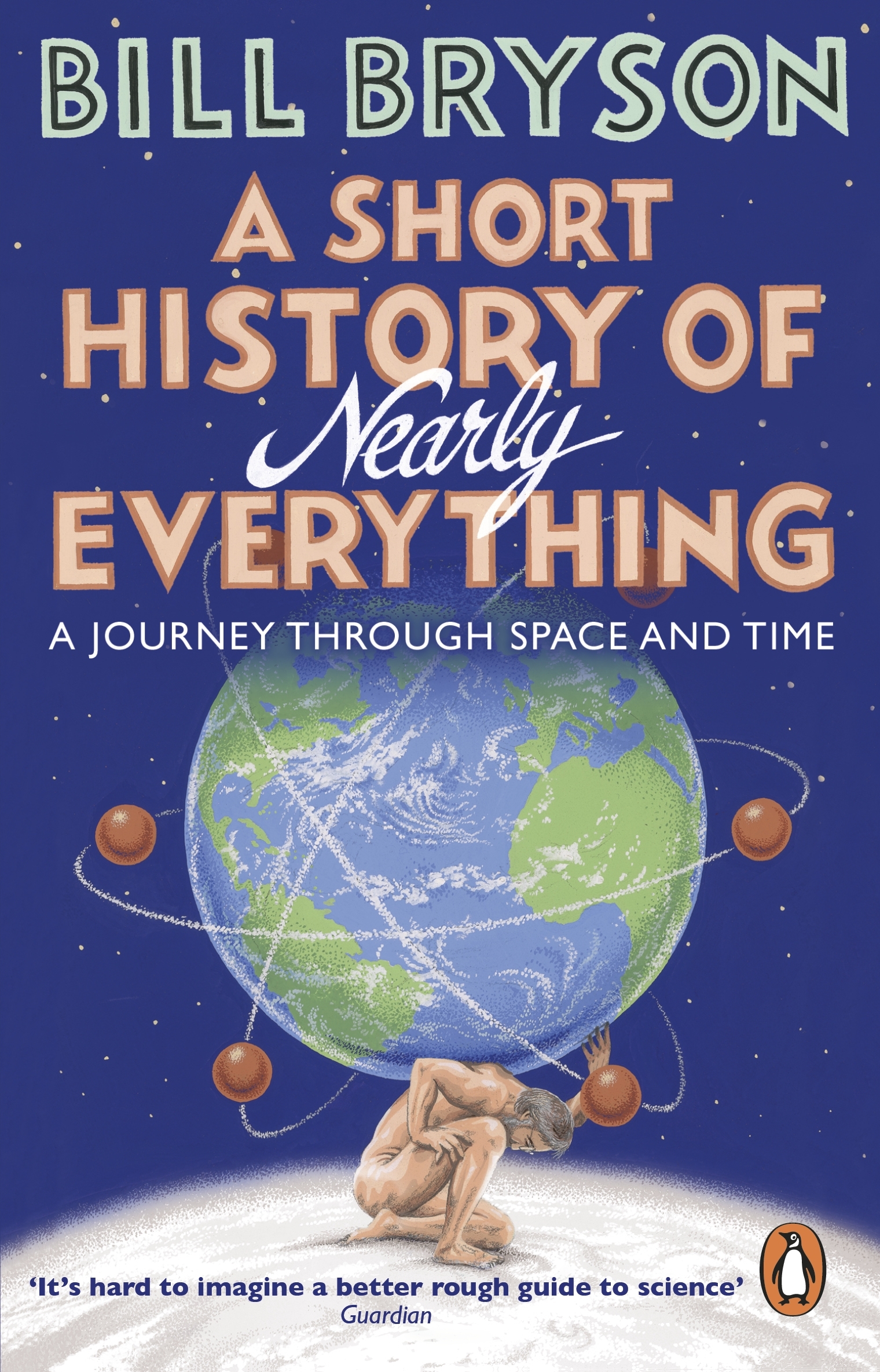



A giant ball of facts that is passed from one generation and grown by the next… I’m going to stop myself right here before I drift down a tangent hinged around humanties knowledge capacity, AI and society. A rabbit hole that starts with the idea that Homo Sapiens are the first species to develop this ability to evolve abstract thought across multiple generations. These false theories become extinct, while the remaining facts are incorporated into the body of knowledge held by humanity.įor me, that association between the scientific method and evolution was one of those amazing little nudges that pushes your mind off into a whole new line of thinking. Competing theories evolve from the existing body of knowledge, after several years of experimentation some of these theories are found to be false. While Bill didn’t explicitly state it, this juxtaposition in storytelling drew a clear depiction of similarities between scientific discovery and evolution itself. Rather than follow the scientists behind various ideas in the field, Bill instead follows the fossil trail on the hunt for the long lost genetic ancestors of humanity. However when Bryson dives off into considerably more depth on evolution, he subtly flips his approach. There are several instances in A Short History where you are following a theory through time and discover an entire world of missing attribution and false starts. But when I did a bit of digging, I couldn’t find any reference to Bill Bryson by the shows creators.Ī fascinating omision when you consider the huge amount of work Bill put into researching the lineage of different ideas. When I got stuck into it, the first thing I noticed were the similarities with Seth McFarlane’s documentary series ‘Cosmos: A Spacetime Odyssey.’ It felt as though Bryson’s work must have exerted some sort of influence on the writing of that series. If you are looking for an entertaining history of science, then Bill Bryson’s ‘A Short History of Nearly Everything’ is an excellent place to start.


 0 kommentar(er)
0 kommentar(er)
